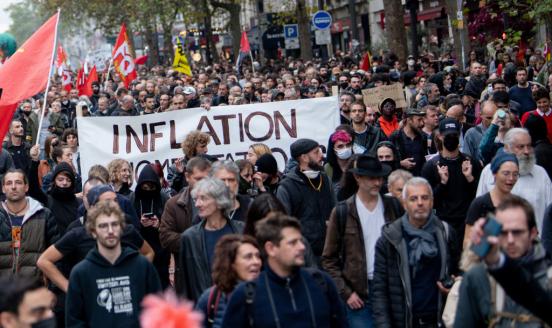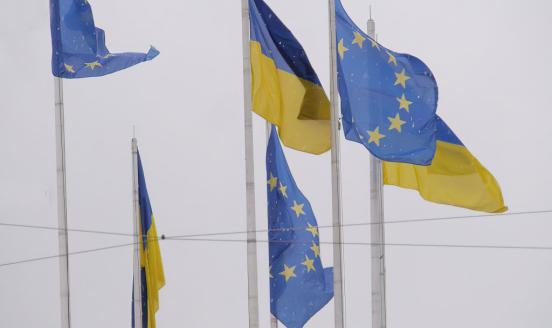The European Globalisation Adjustment Fund: Easing the pain from trade?
With the European Globalisation Adjustment Fund (EGF), the EU now has an instrument to help workers negatively affected by trade find new jobs. Howev

The European Union created the European Globalisation Adjustment Fund (EGF) in 2007 to co-fund, together with EU member states, policies to help workers negatively affected by globalisation find new jobs.
The EGF was a political acknowledgment that the EU, which has exclusive competence over trade policy, needed to assume some budgetary responsibility for the economic displacement arising from globalisation.
This policy contribution attempts to evaluate the EGF programme after ten years of implementation and in the context of the negotiations on the EU’s 2021-27 Multiannual Financial Framework.
The EGF programme is relatively modest in size. During the decade from 2007 to 2016, it financed 147 cases (involving either large firms or regionally-concentrated groups of small firms), covering 140,000 dismissed workers. But only about half of the cases and job losses were related to globalisation. The other half were related to the economic and financial crisis, which became eligible for EGF assistance in 2009.
Our evaluation addresses both the political visibility of the EGF programme and its economic effectiveness, and concentrates on cases and dismissed workers related to globalisation.
The authors find the programme was highly politically visible in the sense that EGF beneficiaries tended to work for large firms prior to their redundancies and these job losses were widely reported in the media.
The economic effectiveness of the EGF programme is more difficult to evaluate, mainly because the available data is insufficient. Estimates, however, suggest that only a small proportion of EU workers who lost their jobs because of globalisation received EGF financing. Unfortunately it is impossible at this time to assess whether workers who received EGF assistance did better in their job searches than those who did not receive EGF assistance.
Three main recommendations are made to improve the EGF programme: 1) collect more and better data on EGF cases and assisted workers to enable a proper evaluation of the programme; 2) revise the eligibility criteria to qualify for EGF assistance and the co-funding rate for the contribution from low-income countries or regions; and 3) enlarge the scope of the EGF programme beyond globalisation to also assist workers displaced by intra-EU trade and offshoring that result from the working of the single market, which like international trade is also an exclusive competence of the EU.



